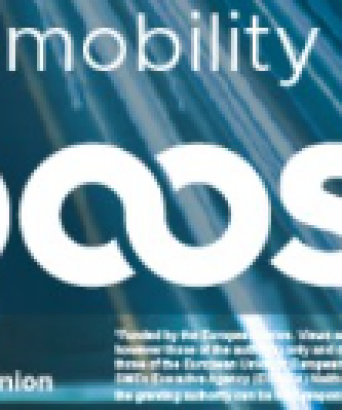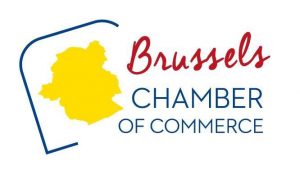When exporting to countries outside the European Union, companies must undertake an assessment of a product’s compliance with the regulatory requirements of the importing country, a so-called ‘conformity assessment‘. In particular, as proof of compliance it is often required to submit the product to certification and testing by conformity assessment bodies and laboratories located in the importing country. This means additional time and costs for exporters, which is especially burdensome for smaller companies.
Mutual Recognition Agreements on conformity assessment (MRAs) are instruments that facilitate market access by reducing costs and time associated with mandatory product certification and testing. With an MRA in place, EU exporters can save time and money by relying on the conformity assessment bodies, sometimes also referred to as Notified Bodies, and laboratories, located in the European Union. MRAs provide for the mutual recognition between trading partners of mandatory test results and certificates for certain manufactured products, so that companies can rely on a single conformity assessment process for complying with requirements both on the EU market and on the export market. This makes trade quicker, easier and cheaper, while maintaining a high level of safety.
The EU has MRAs with Australia, Canada, Israel, Japan, New Zealand, Switzerland, and the USA. The list of conformity assessment bodies designated on the basis of these agreements can be found here.
The existing evidence indicates that EU MRAs have generated tangible export gains and are very valuable for key exporting industries. However, since most EU MRAs were concluded more than 20 years ago, they might not adequately cover some more recent regulatory requirements.
This survey is targeted at EU companies manufacturing or selling industrial products. Its aim is to increase awareness among EU industry of the opportunities provided by MRAs and to identify specific challenges faced by EU industry in respect of conformity assessment in markets outside the European Union. The results of the survey will provide input for an assessment of the potential for updating or expanding the EU’s existing MRAs as well as inform work related to avoiding new and unnecessary technical barriers to trade in the context of the EU-US Trade and Technology Council, Working Group 10 on Global Trade Challenges. The Commission will also publish a summary of the results of the survey.
The questionnaire is anonymous and will be available online until 3 April 2022.





